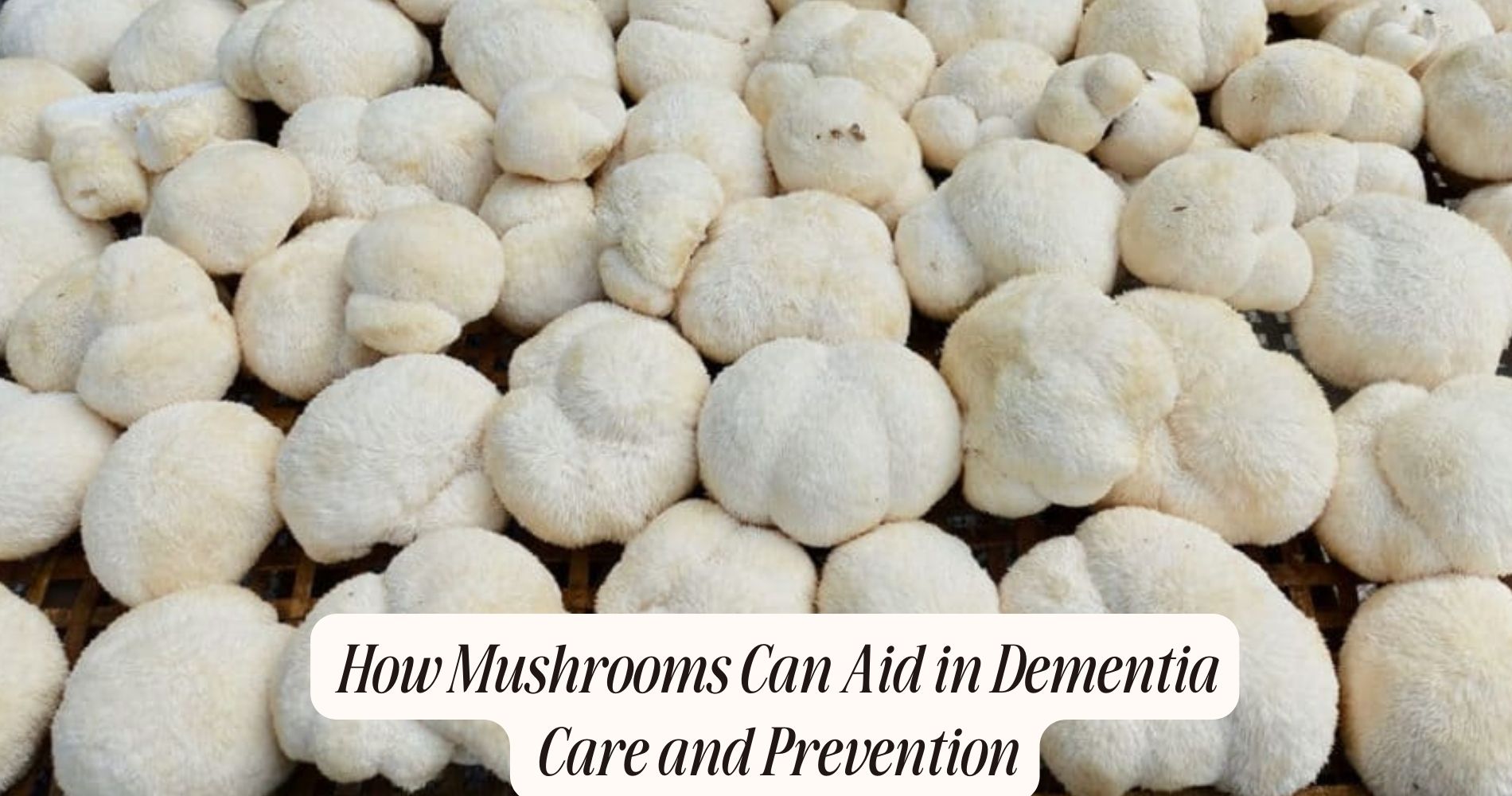
Are Mushrooms a Vegetable? Unraveling the Mystery
While often grouped with vegetables in culinary contexts, mushrooms are not vegetables; they belong to the fungi kingdom. This distinction arises because, unlike vegetables, mushrooms lack chlorophyll and cannot perform photosynthesis. Instead, they absorb nutrients through a mycelium network, decomposing organic matter around them.
Mushrooms propagate through spores, not seeds, and prefer dark, moist environments for growth. Nutritionally, they are packed with essential vitamins such as B and D, minerals like selenium and potassium, and beneficial bioactive compounds including beta-glucans. Understanding these unique characteristics highlights why mushrooms are distinct from vegetables, both biologically and nutritionally. Explore the question, "Are mushrooms a vegetable?" to delve deeper into their fascinating nature and culinary uses.
The Biology of Mushrooms
In the biology of mushrooms, you'll find that they belong to the Fungi kingdom, distinct from plants, animals, and bacteria. This categorization is due to their unique fungal structure, which includes a mycelium network composed of hyphae. These hyphae are thread-like structures that penetrate substrates, absorbing nutrients critical for the mushroom's growth and development.
Unlike plants, mushrooms lack chlorophyll and don't perform photosynthesis. Instead, they decompose organic matter, recycling nutrients back into the ecosystem. Spore production is another defining characteristic of mushrooms. Spores are microscopic reproductive units, analogous to seeds in plants, but produced through a different process. They develop in specialized structures called sporangia found on the gills, pores, or surfaces of the mushroom cap, depending on the species.

When mature, spores are released into the environment, often carried by wind or water, to germinate and form new mycelium networks under favorable conditions. This reproductive strategy promotes the widespread dispersal and genetic diversity of fungi.
Mushrooms Vs. Vegetables
Exploring how mushrooms differ from conventional vegetables found in the plant kingdom is essential due to their unique biological characteristics that distinguish them as members of the Fungi kingdom. Unlike vegetables, which belong to the plant classification, mushrooms are classified as edible fungi. This fundamental difference lies in their cellular structure and reproductive methods. Vegetables, such as carrots and spinach, are autotrophic; they harness sunlight through photosynthesis to create energy. In contrast, mushrooms are heterotrophic, deriving their nutrients from organic matter decomposition.
When examining plant classification, you'll notice that vegetables possess chlorophyll and are rooted in soil, absorbing nutrients via their vascular systems. Mushrooms, however, lack chlorophyll and obtain nutrients through mycelium, a network of filamentous structures that penetrate the substrate. This mycelial network allows edible fungi to break down complex organic materials, a process not observed in conventional vegetables.
Moreover, vegetables exhibit growth patterns influenced by climatic conditions and light cycles. Mushrooms thrive in darker, more humid environments, often appearing suddenly after rainfall. These distinctions underline that while mushrooms share culinary uses with vegetables, they're biologically distinct, belonging to the fascinating world of fungi.
Nutritional Profile
Mushrooms offer a unique nutritional profile, rich in essential vitamins, minerals, and bioactive compounds that contribute to various health benefits. When you examine their protein content, you'll find that mushrooms can be a valuable component of a balanced diet. While not as high in protein as meat or legumes, mushrooms do provide a moderate amount, making them an excellent option for vegetarians and those looking to diversify their protein sources.
The vitamin composition of mushrooms is particularly remarkable. They're a rare natural source of vitamin D, especially when exposed to sunlight or UV light. This is important for bone health and immune function. Additionally, mushrooms are packed with B vitamins, including riboflavin, niacin, and pantothenic acid, which support energy metabolism and nervous system health.

Minerals such as selenium, potassium, and copper are abundantly present in mushrooms, each playing an important role in antioxidant defense, fluid balance, and red blood cell formation, respectively.
Furthermore, the bioactive compounds in mushrooms, such as beta-glucans, exhibit immunomodulatory and anti-inflammatory properties, enhancing your body's resilience against various ailments. By incorporating mushrooms into your diet, you can harness these diverse nutritional benefits effectively.
Culinary Uses
You'll discover mushrooms offer an extensive array of culinary applications, each enhancing dishes with unique umami-rich flavor profiles.
You can experiment with various cooking techniques such as sautéing, grilling, or roasting to reveal their full potential.
You'll also find diverse recipes incorporating mushrooms, from soups and stews to gourmet entrees.
Diverse Mushroom Recipes
Explore the myriad of culinary applications for mushrooms, where their umami richness and adaptability enhance a vast array of dishes. You can start with stuffed mushrooms, a versatile appetizer that pairs well with diverse fillings such as cream cheese, garlic, and herbs. The firm texture of button mushrooms provides an excellent vessel for these ingredients, resulting in a dish that's both savory and satisfying.
For a more intricate preparation, mushroom risotto offers a perfect example of how fungi can elevate a meal. Utilize arborio rice, which absorbs liquid and flavors effectively, and combine it with a mushroom broth to infuse the dish with deep, earthy notes. The addition of sautéed mushrooms, such as cremini or porcini, contributes layers of texture and complexity, making the risotto creamy and rich.
Incorporating mushrooms into your culinary repertoire allows for endless experimentation. Their unique ability to meld with both simple and complex flavors makes them an indispensable ingredient.
Whether you're preparing a quick weeknight meal or an elaborate feast, mushrooms' nutritional benefits and gastronomic versatility are undeniable. So, explore these diverse recipes and let mushrooms transform your cooking experiences.
Mushroom Flavor Profiles
Understanding the distinct flavor profiles of various mushroom species allows you to harness their full culinary potential, from the nutty undertones of chanterelles to the bold, meaty essence of portobellos.
Chanterelles, with their delicate, slightly fruity flavor, impart a nuanced complexity that elevates any dish. You'll find their subtle nutty notes and peppery finish perfect for creamy sauces or light sautés.
Portobellos, on the other hand, offer an intense, meaty texture and profound umami richness. Their robust flavor umami makes them an excellent substitute for meat in vegetarian dishes. Sliced and grilled, they deliver a savory depth that complements hearty grains and roasted vegetables.
Oyster mushrooms present a mild, slightly sweet profile with hints of anise, ideal for stir-fries and soups. Their tender texture and subtle umami richness make them versatile culinary assets.
Shiitakes, known for their earthy, smoky essence, bring a chewy consistency and concentrated umami flavor to broths and stews.

Cooking Techniques Explained
Mastering various cooking techniques for mushrooms lets you harness their full potential, whether you're searing, roasting, or braising these versatile fungi. When sautéing mushrooms, use high heat to evaporate moisture quickly, concentrating their flavors. Start by heating a small amount of oil or butter in a skillet until it's shimmering. Add sliced mushrooms in a single layer, making sure they've ample space, and don't overcrowd the pan. Stir occasionally to achieve an even golden-brown color. This method releases the mushrooms' umami compounds, creating a savory depth perfect for pasta or risotto.
Roasting mushrooms, on the other hand, requires a different approach. Preheat your oven to around 400°F (200°C). Toss whole or halved mushrooms with olive oil, salt, and pepper. Spread them out on a baking sheet to guarantee even roasting. The high oven temperature caramelizes the mushrooms' exterior while maintaining a tender interior. This technique accentuates their natural sweetness and results in a robust, earthy flavor profile, ideal for salads or as a side dish.
Health Benefits
You'll appreciate that mushrooms, rich in essential nutrients like vitamins B and D, act as nutrient-rich powerhouses.
Their bioactive compounds, including beta-glucans, can greatly enhance your immune system.
Additionally, their low-calorie, high-fiber composition makes them an effective aid in weight management.
Nutrient-Rich Powerhouses
Mushrooms, rich in essential nutrients like B vitamins, selenium, and antioxidants, make a substantial contribution to overall health and disease prevention. Originating from a fungal origin, mushrooms aren't only a unique addition to your diet but also an incredible source of dietary fiber. This fiber is important for maintaining gut health, aiding digestion, and promoting regular bowel movements.
Incorporating mushrooms into your meals can greatly enhance your nutrient intake. B vitamins such as riboflavin, niacin, and pantothenic acid play an essential role in energy metabolism and the formation of red blood cells. Selenium, another key component found in mushrooms, supports thyroid function and provides antioxidant protection, which helps in combating oxidative stress and reducing inflammation.
Moreover, mushrooms contain a variety of antioxidants, including ergothioneine and glutathione, which protect your cells from damage and reduce the risk of chronic diseases. The presence of bioactive compounds like polysaccharides further adds to their health benefits, offering antimicrobial, anticancer, and anti-inflammatory properties.
Immune System Boost
Incorporating mushrooms into your diet can greatly enhance your immune system due to their unique bioactive compounds. These fungi are rich in beta-glucans, which are polysaccharides that can modulate your immune response. By activating macrophages and natural killer cells, beta-glucans help your body identify and destroy pathogens more effectively. This immunomodulatory effect is essential for maintaining a robust defense mechanism against infections.
Moreover, mushrooms like shiitake and reishi possess significant antiviral properties. These varieties contain compounds such as lentinan and triterpenes, which have been shown to inhibit viral replication. For instance, lentinan enhances the activity of white blood cells and increases the production of cytokines, signaling molecules that orchestrate the immune response. This makes your body more adept at fighting off viral infections, providing an added layer of protection.

Additionally, mushrooms are a natural source of selenium, a trace element crucial for immune function. Selenium enhances the proliferation of T-cells and improves the body's response to pathogens. By regularly consuming mushrooms, you can fortify your immune system, making it more efficient at warding off diseases and maintaining overall health.
Weight Management Aid
In addition to bolstering your immune system, mushrooms can also play a significant role in weight management due to their low caloric density and high fiber content. When you incorporate mushrooms into your diet, you benefit from a food that offers substantial volume without a high caloric intake. This means you can consume a larger portion of mushrooms compared to other higher-calorie foods, aiding in portion control and satiety.
Mushrooms contain dietary fibers such as beta-glucans and chitin, which contribute to a feeling of fullness. This can help you reduce overall caloric intake by minimizing the temptation to overeat. The high water content in mushrooms further enhances their ability to make you feel satisfied without adding extra calories.
Additionally, mushrooms are rich in essential nutrients while being low in fats and sugars, making them an ideal choice for a balanced diet aimed at weight management. By replacing higher-calorie ingredients with mushrooms in your meals, you can effectively lower your caloric intake without sacrificing flavor or nutritional value.
Incorporating mushrooms into your eating regimen supports both your health and weight management goals efficiently.
Discover the Power of SUPER MUSHROOM GUMMIES
As you explore whether mushrooms are a vegetable and uncover their unique benefits, consider enhancing your wellness routine with Well Gummies' SUPER MUSHROOM GUMMIES. This easy-to-use, gum chew form product contains 10 types of functional mushrooms, each selected for their health-promoting properties. These vegan gummies are designed to boost your brain function and energize your body naturally. Experience calmer energy, sharper focus, and improved immune support—all while enjoying the delightful taste of fresh wild berries. With SUPER MUSHROOM GUMMIES, you get all the benefits without any jitters or crashes, making it perfect for your daily health regimen.
Frequently Asked Questions
Can Mushrooms Be Grown at Home?
Yes, you can grow mushrooms at home using growing kits. Indoor cultivation requires controlled humidity, temperature, and light. These kits provide all necessary components, ensuring ideal conditions for mycelium development and fruiting body production.
What Are the Most Common Types of Mushrooms?
The most common types of mushrooms include button, shiitake, and portobello. You'll find wild varieties like chanterelles and morels. Each has unique culinary uses, enhancing dishes with distinct textures and flavors, making them indispensable in gourmet cuisine.
Are There Any Toxic Mushrooms to Avoid?
Yes, there are toxic mushrooms to avoid. Poisonous varieties like Amanita phalloides require proper identification to prevent poisoning. Use detailed field guides and consult experts to make sure you don't accidentally consume a harmful species.
How Do You Store Mushrooms Properly?
To store mushrooms properly, first use appropriate cleaning techniques to remove dirt. Then, place them in ideal containers, such as paper bags or ventilated plastic containers, to guarantee ideal air circulation and prevent moisture buildup.
Can Mushrooms Be Eaten Raw?
Yes, you can eat mushrooms raw. They offer nutritional benefits like vitamins B and D, antioxidants, and fiber. Raw mushrooms have versatile culinary uses, adding texture and earthiness to salads, sandwiches, and various cold dishes.
Conclusion
To sum up, while mushrooms aren't technically vegetables, they offer unique nutritional benefits, including essential amino acids and vitamins. By understanding their biological classification, you can appreciate their distinct role in both diet and culinary applications.
Mushrooms' rich umami flavor and versatile uses make them a valuable addition to your meals. So, next time you shop, don't overlook these fascinating fungi—embrace their health benefits and culinary potential.




